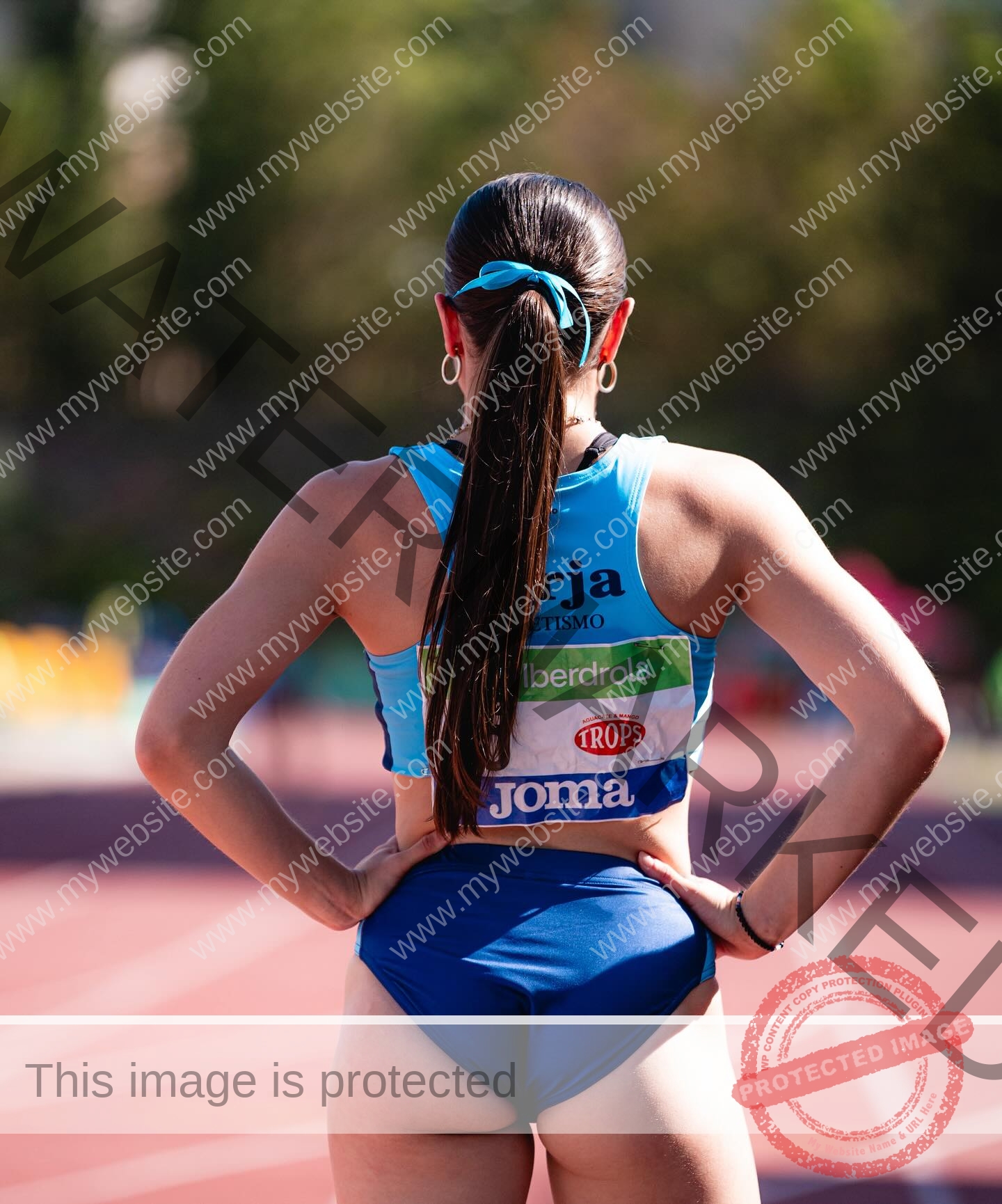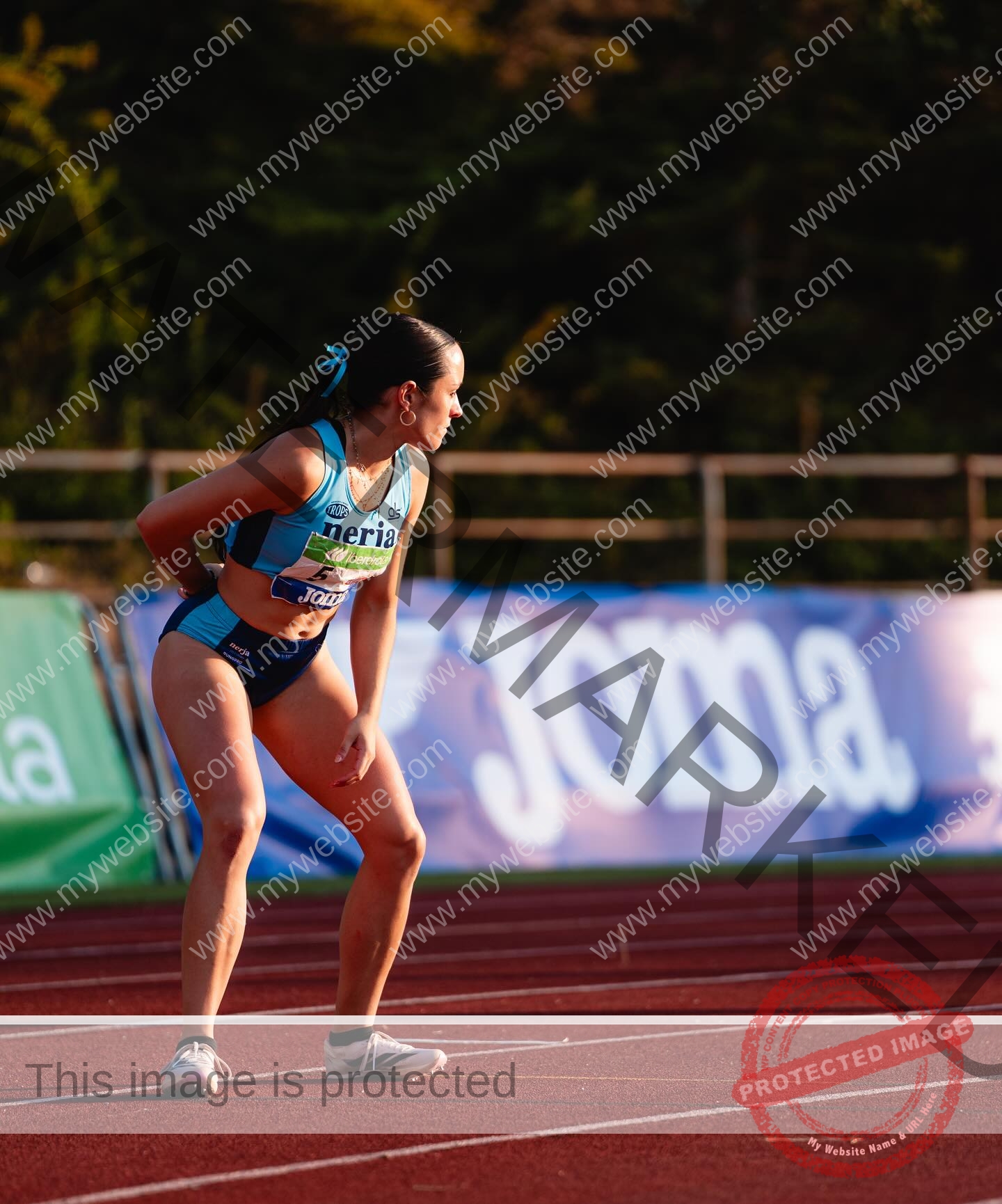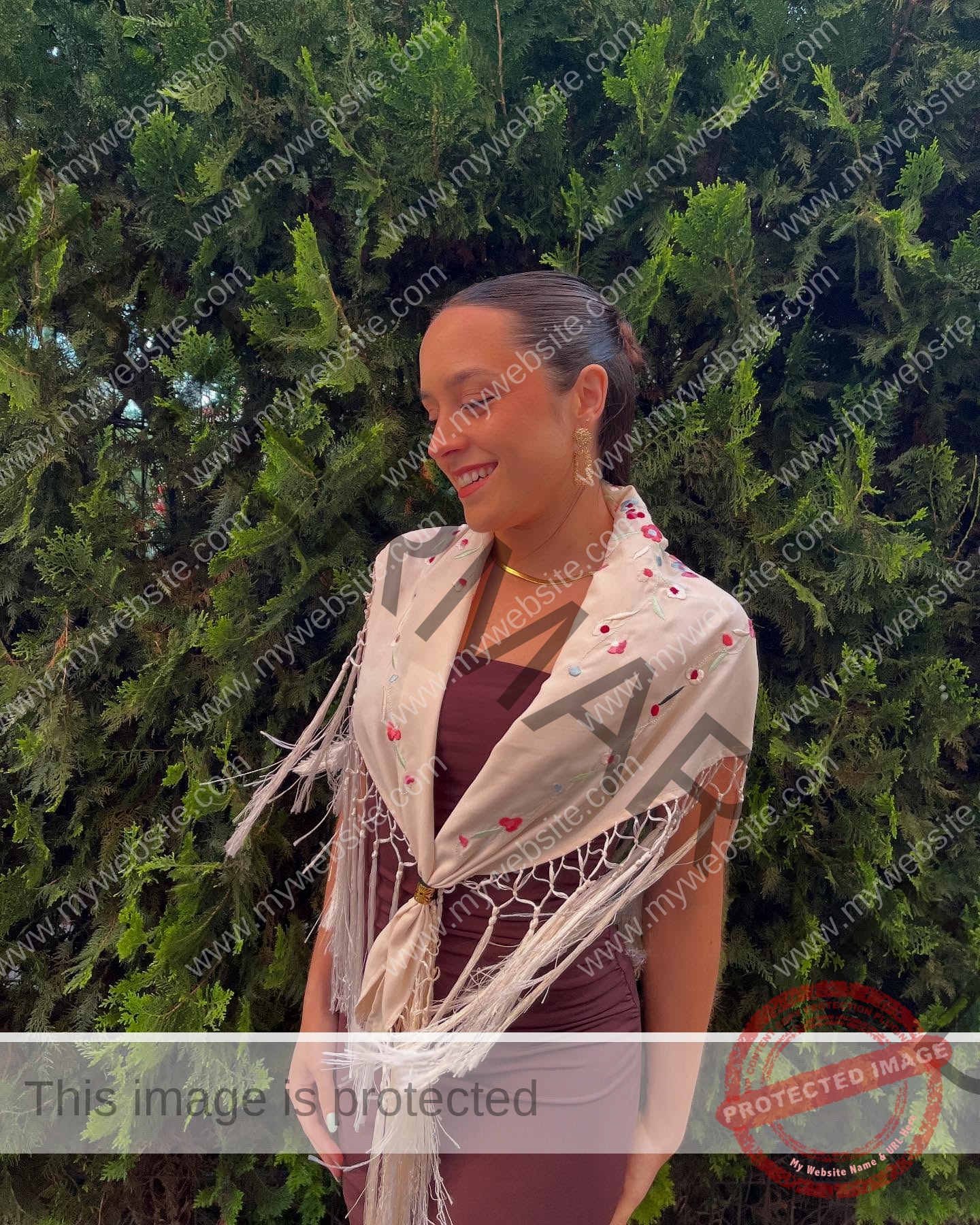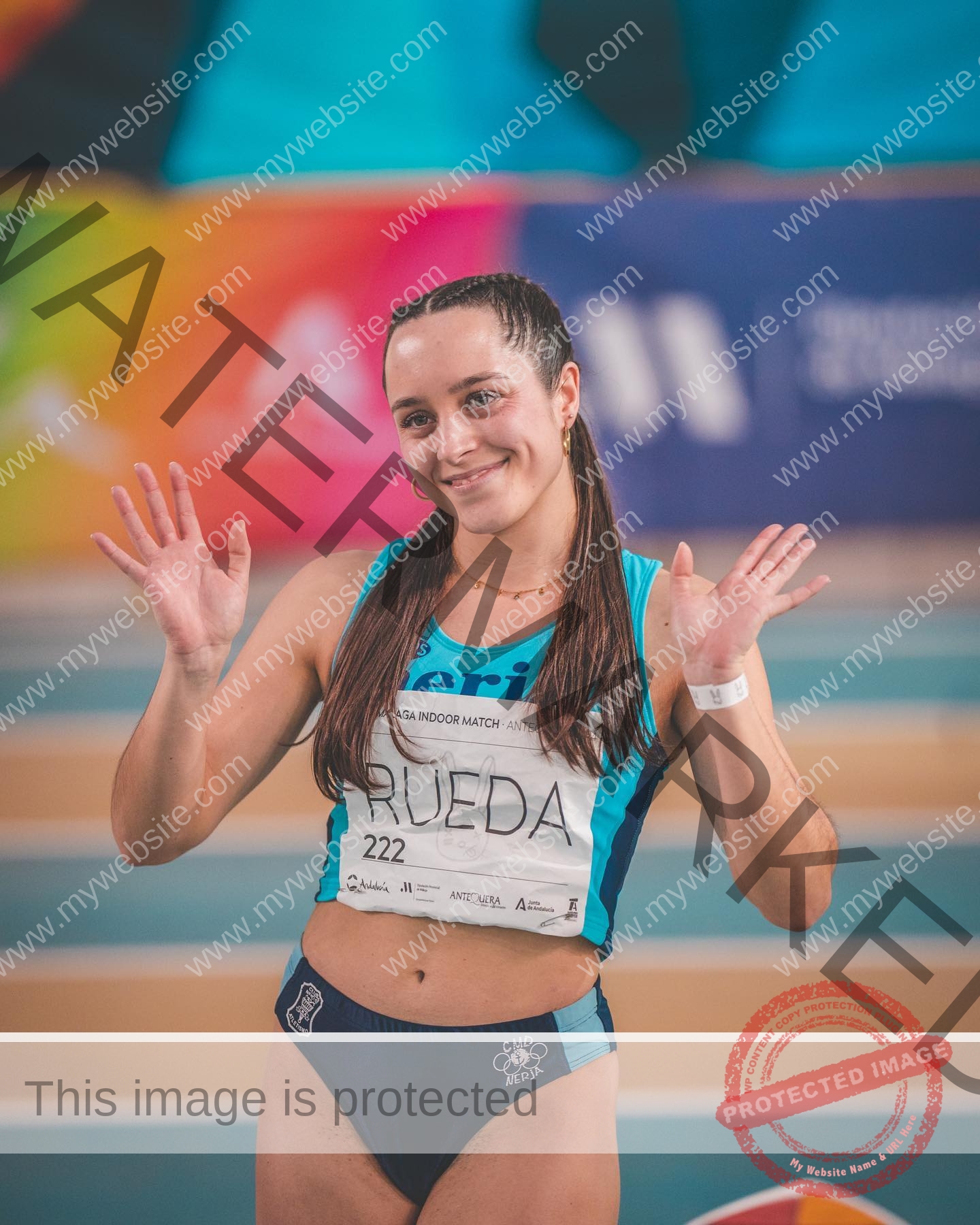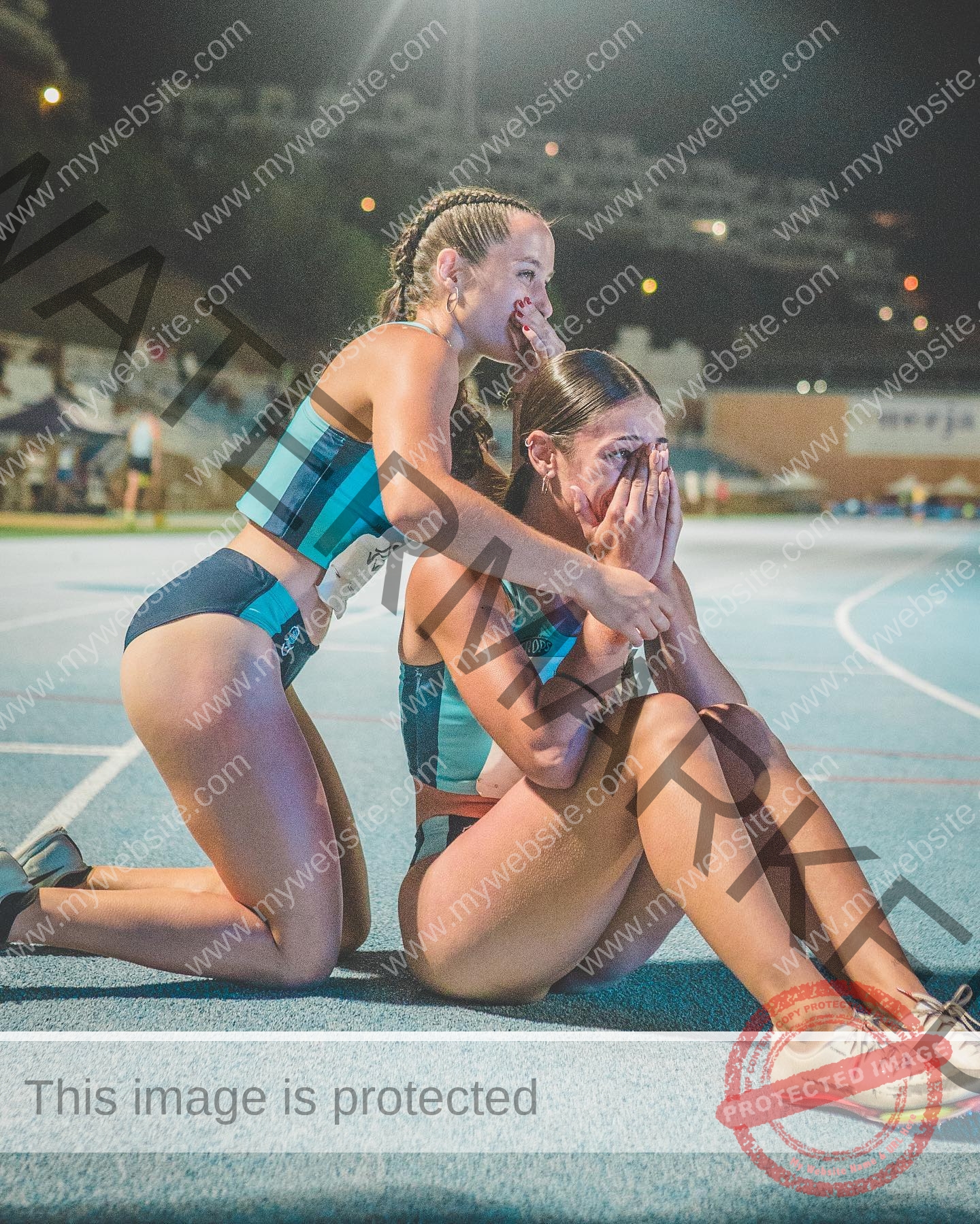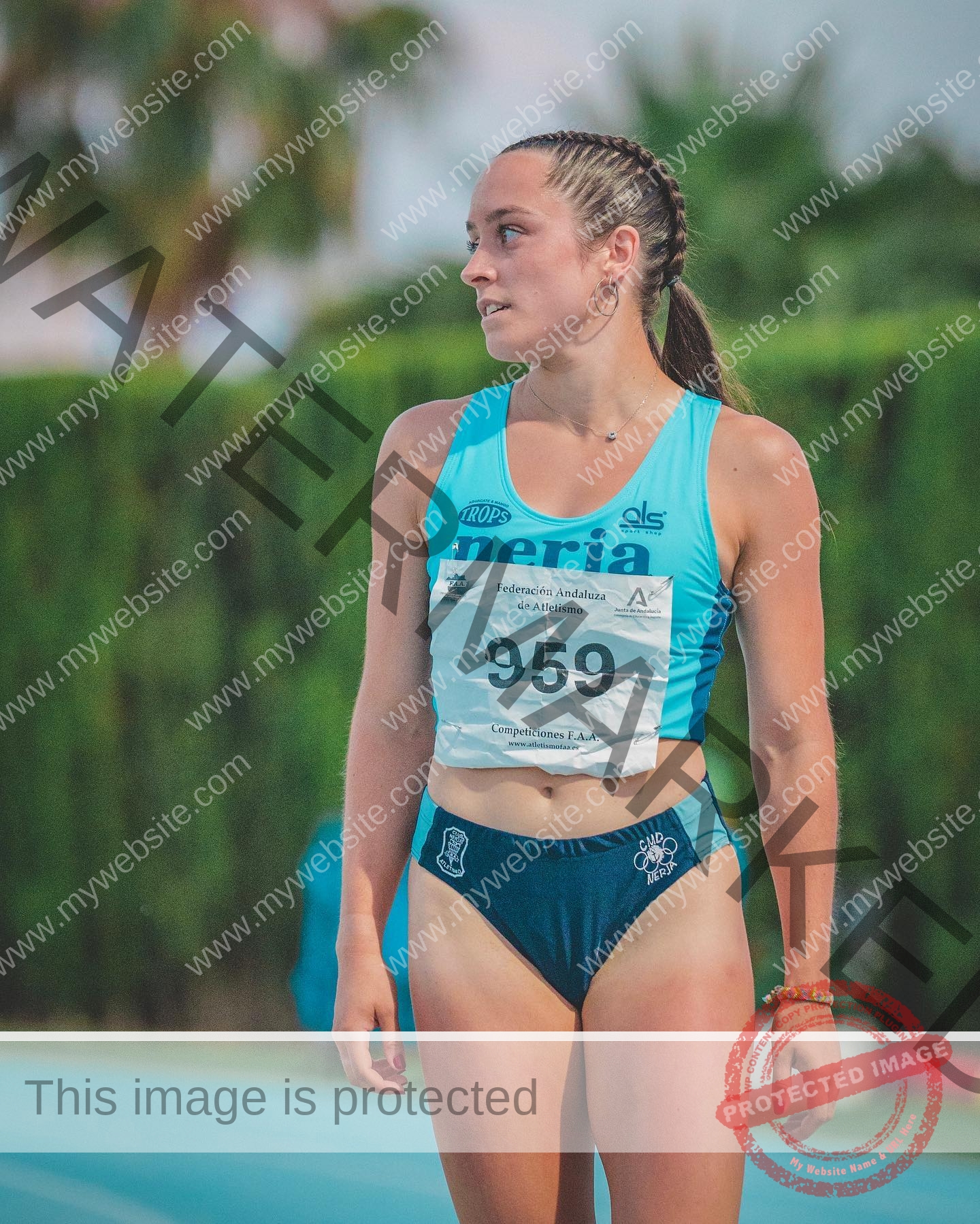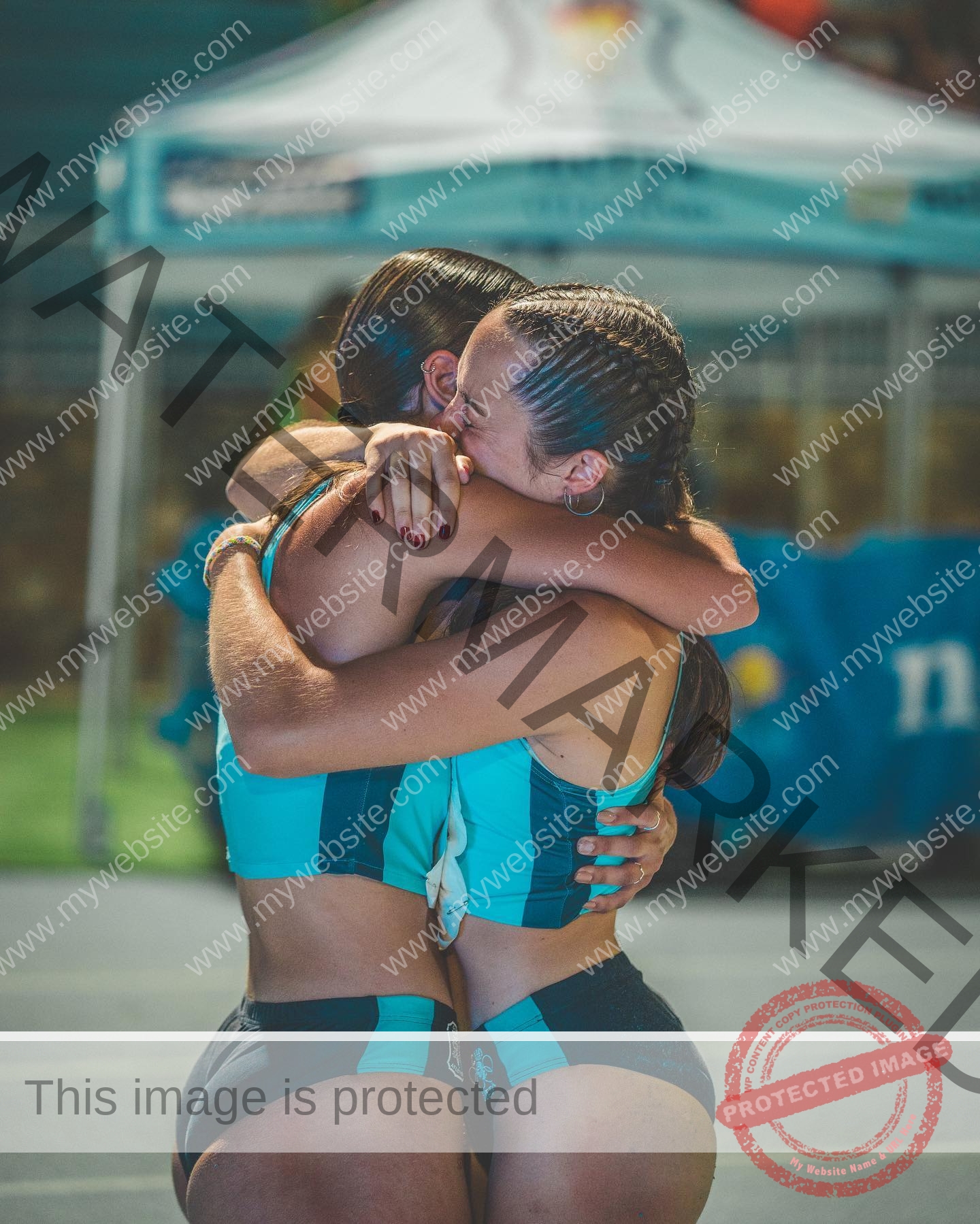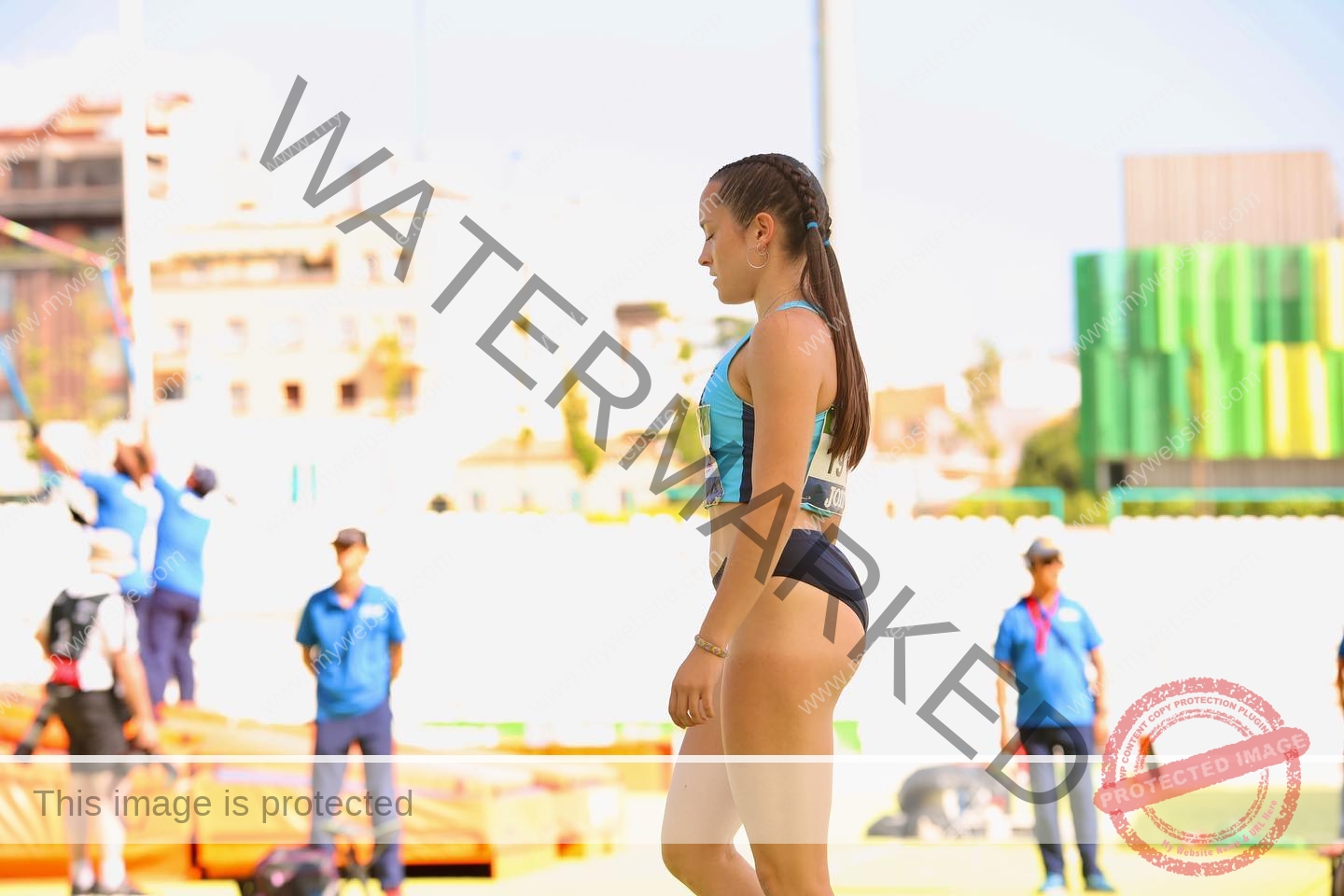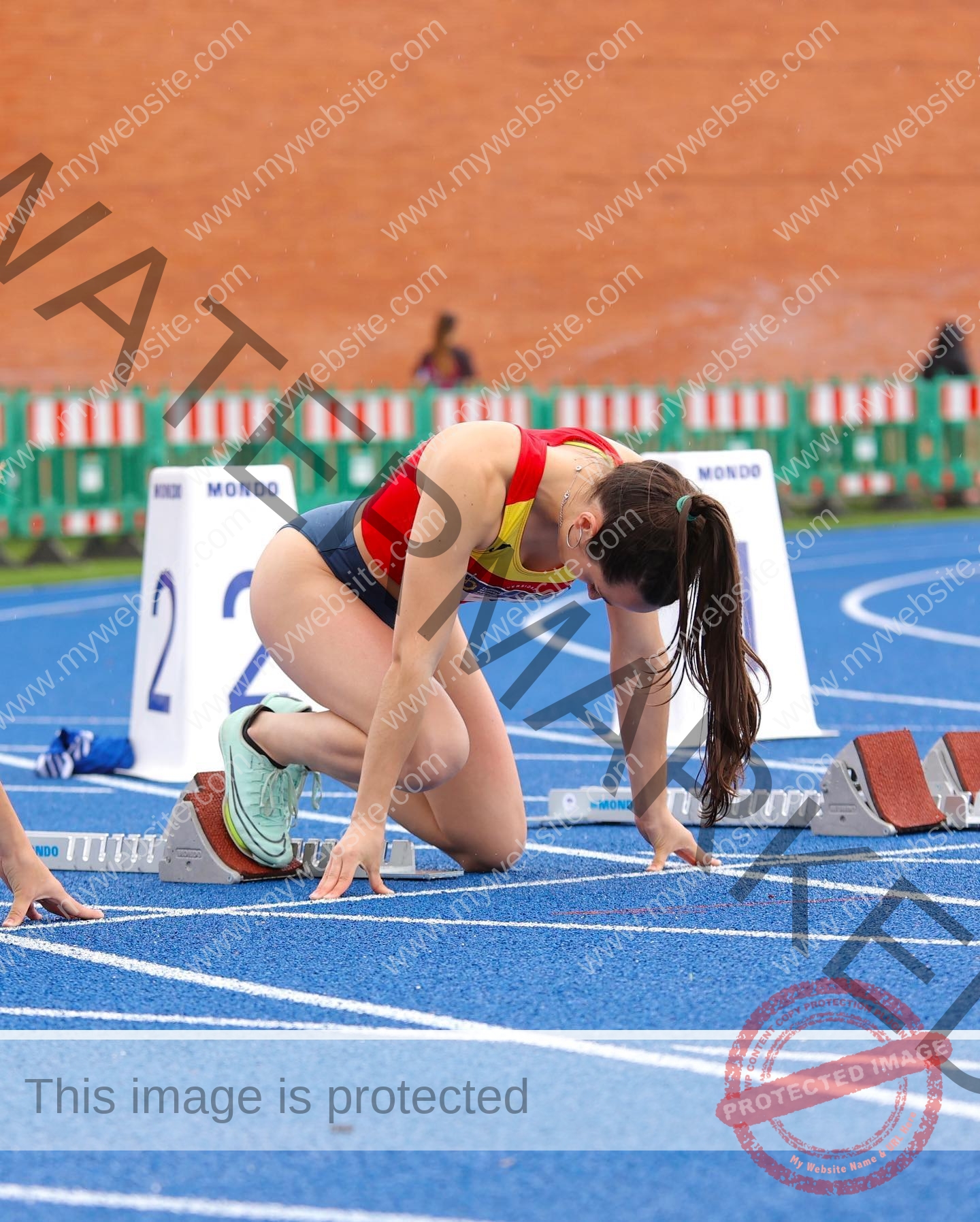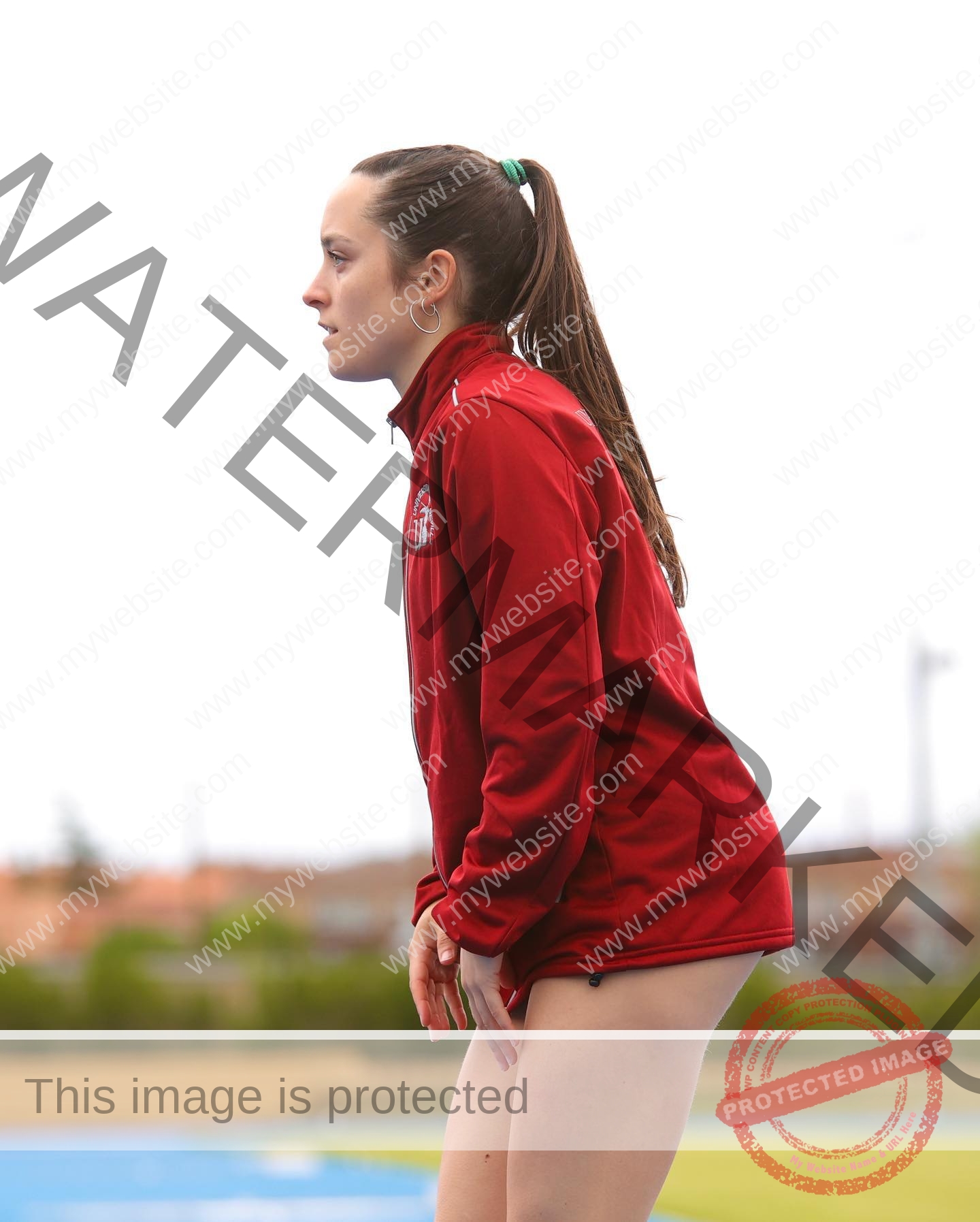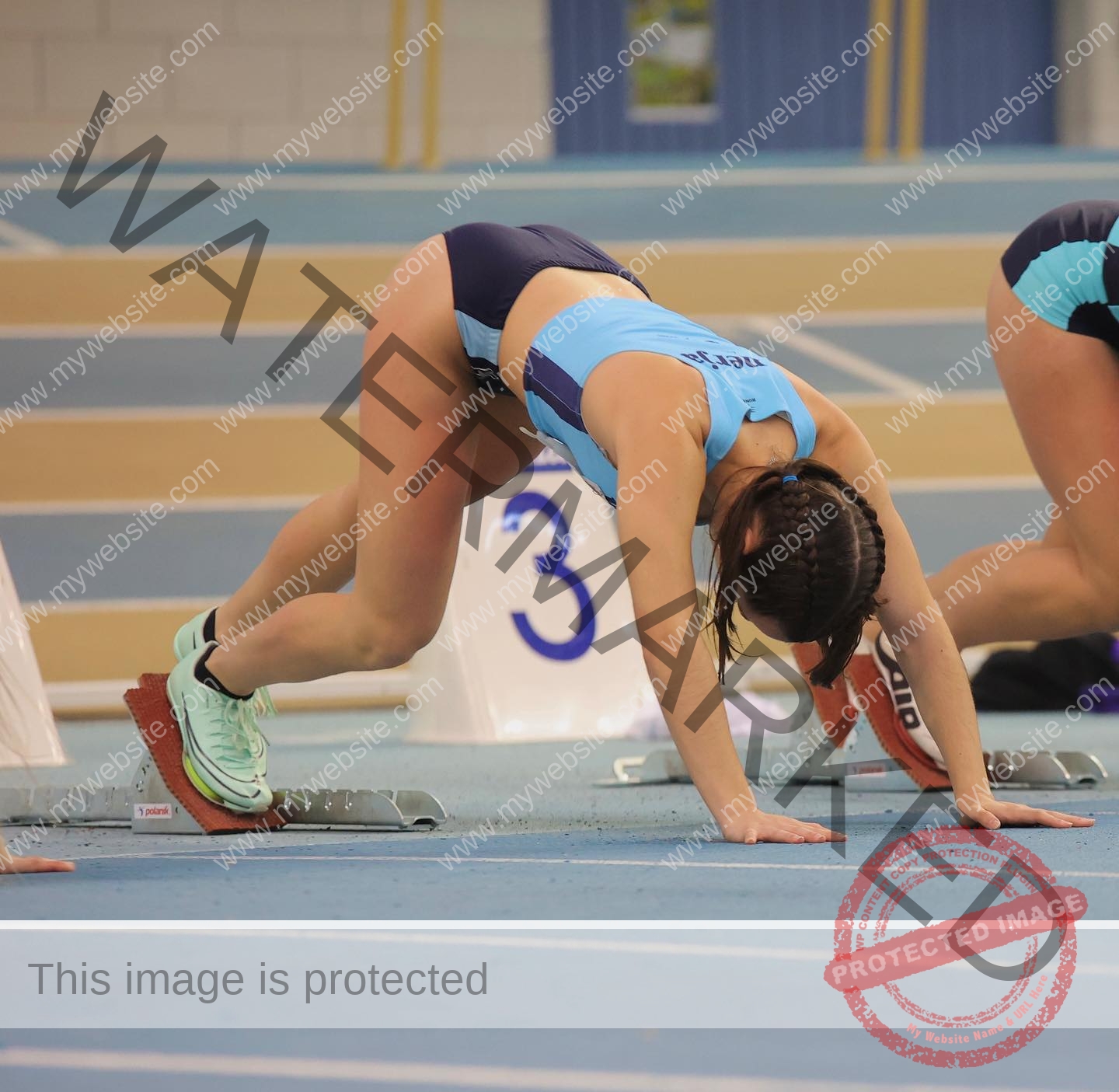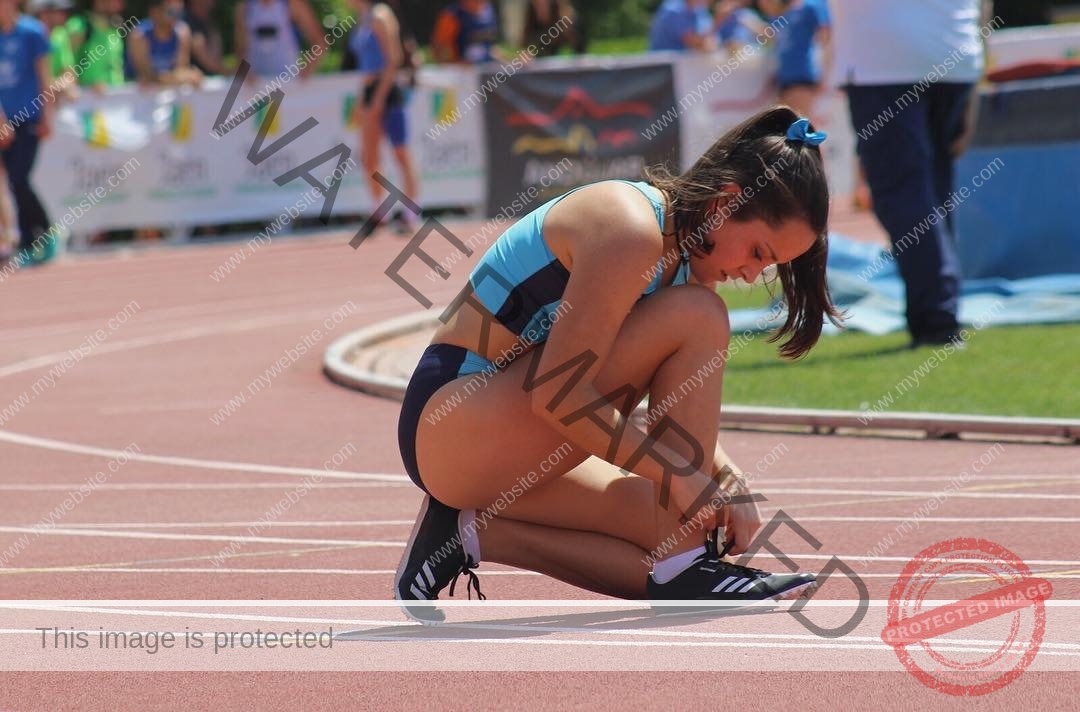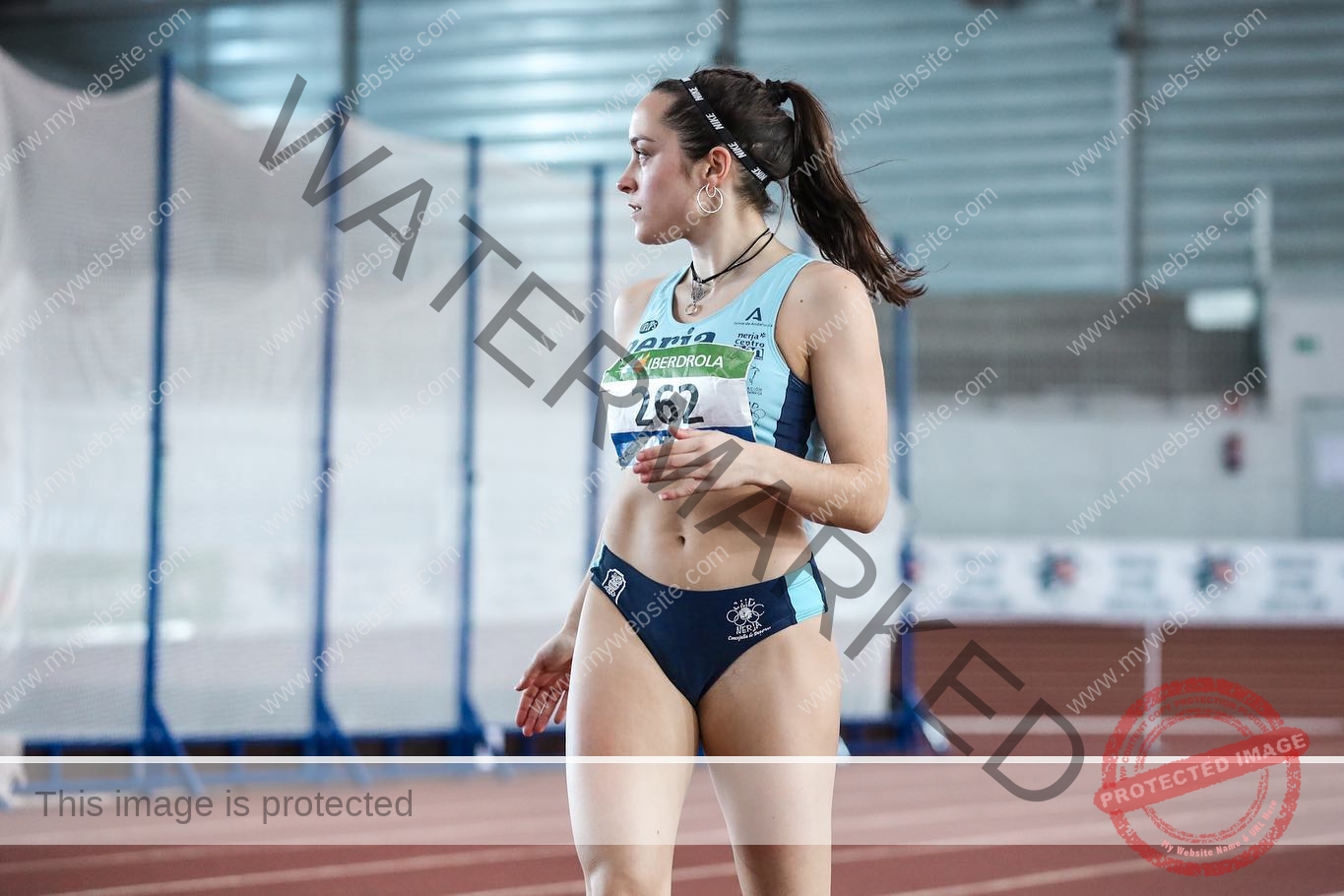Maria Rueda: Spain’s Dedicated Sprint Competitor
Maria Rueda has established herself as a consistent competitor in Spanish sprint athletics, representing her country in the 100 meters, 200 meters, and relay events. At 25 years old, Rueda continues to compete at the national level while contributing to Spain’s developing sprint program, particularly in relay competitions where teamwork and technical precision are essential.
Athletic Accomplishments
Sprint Events
Rueda specializes in short-distance sprinting, with her primary focus on the 100 meters and 200 meters. Her personal best in the 100 meters stands at 12.11 seconds, achieved on July 8, 2023. This performance places her among the active competitors in Spanish sprinting, demonstrating the speed and technical ability required to compete at the national level.
In the 200 meters, Rueda has recorded a personal best of 25.53 seconds, set on May 6, 2023. The 200 meters requires not only pure speed but also the ability to maintain velocity through the turn and down the final straightaway—technical skills that distinguish accomplished sprinters from purely fast athletes.
Indoor Competition
Rueda has also proven herself capable in indoor track competition, an important component of a well-rounded sprint career. In the 60 meters, she has achieved a personal best of 7.74 seconds, set on January 28, 2023, at the Centro de Tecnificación de Atletismo (Athletics Training Center) in Antequera, Spain.
Her indoor 200-meter short track personal best stands at 25.87 seconds, recorded on February 5, 2022, also in Antequera. Indoor competition presents unique challenges, including tighter turns, different track surfaces, and the psychological adjustment to competing in enclosed spaces. Rueda’s indoor performances demonstrate her versatility and ability to adapt to varying competitive environments.
Relay Excellence
One of Rueda’s most significant contributions to Spanish athletics comes through relay competition. Her 4×100-meter relay personal best stands at 46.73 seconds, achieved on May 4, 2024, at Estadi Joan Serrahima in Barcelona. This performance showcases not only her individual speed but also her technical proficiency in executing handoffs—a critical skill that separates good relay runners from great ones.
Spain has invested heavily in developing its relay programs in recent years, implementing national relay plans, organizing dedicated training camps, and focusing on building team cohesion and technical excellence. Athletes like Rueda who demonstrate reliability in relay situations become valuable assets to this national effort, as relay success often depends as much on precise exchanges and teamwork as on individual speed.
The Spanish women’s sprint relay teams have achieved remarkable success in recent years, including national record performances at major international competitions. While Rueda’s relay times place her at the national level rather than in Spain’s absolute elite relay squads, her continued participation and improvement contribute to the depth of talent available to Spanish relay programs.
Career Development and Competitive Journey
Training Environment
Competition at venues like the Centro de Tecnificación de Atletismo in Antequera indicates Rueda’s access to Spain’s specialized training facilities designed for developing elite athletes. These training centers provide the infrastructure, coaching expertise, and competitive environments necessary for athletes to progress through the levels of track and field.
Antequera’s training center has become an important hub for Spanish athletics, hosting competitions throughout the indoor season and providing athletes with opportunities to compete in quality conditions against strong competition. Regular participation at such venues helps athletes like Rueda gain experience, test their training progress, and benchmark themselves against other national-level competitors.
Barcelona’s Estadi Joan Serrahima, where Rueda recorded her relay personal best, is another important venue in Spanish athletics. The opportunity to compete at established stadiums with quality tracks and timing systems provides the competitive infrastructure necessary for athletes to achieve their best performances.
Age and Career Stage
At 25 years old, Rueda is in what are typically considered the prime years for sprint athletes. While some sprinters peak in their early twenties, many others continue to improve into their mid-to-late twenties as they accumulate training years, refine their technique, and develop the race experience necessary to compete at the highest levels.
Her continued activity in 2024 and beyond suggests an athlete who remains committed to competition and development despite not yet breaking through to the international elite level. This persistence and dedication to the sport represent important qualities for any athlete, as sustained improvement over multiple years often requires patience and consistent effort even when dramatic breakthroughs don’t immediately occur.
Performance Trajectory
Rueda’s best performances across multiple events were achieved in 2023-2024, indicating recent peak form. Her 100-meter best (12.11), 200-meter best (25.53), and 60-meter best (7.74) all came within a relatively compact timeframe, suggesting a period of effective training and competitive readiness.
The progression of her performances demonstrates an athlete who continues to work on her craft, competing regularly and seeking opportunities to improve. While her times place her outside the absolute Spanish elite—Spain’s top female sprinters run considerably faster—Rueda occupies an important space in the sport as a national-level competitor who helps create the competitive depth necessary for elite athletes to emerge and develop.
Contribution to Spanish Sprint Athletics
National Competition and Depth
Athletes competing at Rueda’s level play essential roles in national athletics systems. They provide competitive fields at national championships, serve as training partners for higher-level athletes, and contribute to the overall competitive environment that drives improvement throughout the sport.
Spain’s sprint program has seen significant growth in recent years, with increased investment in relay development, technical training, and competitive opportunities. This enhanced infrastructure benefits athletes at all levels, creating pathways for development and opportunities for athletes to maximize their potential.
Relay Program Development
Spain’s recent emphasis on relay development has created opportunities for athletes who excel in team situations. The country’s national relay plan, implemented nearly a decade ago, has begun producing results at the international level, with Spanish relay teams setting national records and earning podium finishes at major competitions.
Rueda’s relay performances and her consistency in training and competition make her part of the broader pool of athletes who contribute to this relay development. While the athletes who ultimately represent Spain at World Championships and Olympic Games receive the most attention, the success of those elite relay teams depends on having depth of talent in training environments and at national competitions.
Building for the Future
Every generation of athletes creates the foundation for the next. By continuing to compete, train seriously, and contribute to Spanish athletics, Rueda helps maintain the competitive standards and training environments that will produce future Spanish sprint champions. Her presence in national competitions and training venues contributes to the overall ecosystem of Spanish sprint athletics.
The Spanish Sprint Context
National Program Growth
Spain has made significant strides in sprint athletics over the past decade, particularly in relay events. The implementation of structured relay programs, regular training camps focused on exchange techniques, and investment in coaching and facilities have created an environment where Spanish sprinters can develop more effectively than in previous eras.
Recent achievements by Spanish relay teams at international competitions—including national records at the World Athletics Relays and strong performances at European Championships—demonstrate the effectiveness of this long-term investment. These successes create momentum and motivation throughout Spanish athletics, showing athletes at all levels what is possible with dedication and proper support.
Training Center System
Spain’s network of athletics training centers, including the facility in Antequera where Rueda has competed and presumably trained, represents an important infrastructure investment. These centers provide year-round training opportunities, access to quality coaching, and competitive environments that help athletes develop regardless of their geographic location within Spain.
The availability of such facilities democratizes access to quality athletics development, allowing talented athletes from various regions to access the resources they need to pursue their potential. Rueda’s utilization of these facilities indicates her commitment to maximizing the opportunities available to Spanish athletes.
Current Status and Rankings
As of 2025, Rueda is ranked #2810 in the world in the women’s 100 meters according to World Athletics rankings. While this places her well outside the international elite (the top 100-200 athletes), it represents active participation in the sport and continued engagement with competitive athletics.
Rankings at this level reflect an athlete who competes regularly at the national level, participates in official competitions that contribute to the world rankings system, and maintains the training and competitive commitment necessary to produce recorded performances. For many athletes, sustaining this level of involvement while managing other life responsibilities represents a significant achievement in itself.
Future Outlook
At 25, Rueda has several potential paths forward. She may continue competing at the national level, seeking to improve her personal bests and contribute to relay teams. She may pursue opportunities in Spain’s club system, where team competitions provide additional competitive outlets and team environments. Or she may eventually transition out of competitive athletics, carrying forward the discipline, dedication, and lessons learned through years of training and competition.
Whatever direction her athletic career takes, Rueda’s years of competition at the national level demonstrate the commitment required to pursue track and field seriously. Her relay contributions, her consistent participation in Spanish championships, and her utilization of Spain’s athletics infrastructure represent the journey of an athlete who has dedicated significant time and effort to her sport.
Potential for Continued Improvement
Sprint athletes can continue improving into their late twenties, particularly if they maintain consistent training, remain injury-free, and continue refining their technical execution. For Rueda, opportunities for improvement might come from enhanced strength and power development, refined race strategy, improved technical execution (particularly in starts and acceleration), or enhanced speed endurance for the 200 meters.
The key will be maintaining motivation, finding quality training environments and coaching, and continuing to compete regularly to test training progress and gain race experience. Spain’s improved athletics infrastructure provides resources that can support such development for athletes willing to commit to the process.
Legacy and Impact
While Rueda may not achieve international fame or represent Spain at Olympic Games, her contribution to Spanish athletics is nonetheless real and valuable. She represents the thousands of athletes worldwide who compete seriously at the national level, dedicating themselves to training and competition even knowing they may never reach the absolute elite tier of their sport.
These athletes create the competitive environments, training groups, and depth of talent that make elite athletics possible. They inspire younger athletes who see competitors they can relate to and aspire to emulate. They contribute to the culture and community of their sport, showing that athletics offers value beyond just medals and records.
Representing Spanish Sprint Values
Through her years of competition, Rueda embodies values important to Spanish athletics: persistence, dedication to training, willingness to compete regularly, and contribution to team efforts through relay participation. These qualities, while less celebrated than raw speed or championship medals, form the foundation of sustainable athletics programs.
As Spain continues developing its sprint and relay programs, athletes like Rueda who show up consistently, work to improve, and contribute when called upon play essential roles in the overall system. Their efforts, combined with those of coaches, administrators, and fellow athletes at all levels, create the environment in which Spanish athletics can continue growing and achieving success.
Conclusion
Maria Rueda’s athletic career reflects the reality of national-level track and field competition—a world of dedicated athletes who train seriously, compete regularly, and contribute to their sport even when international stardom remains elusive. At 25, with personal bests in the 12.11-second range for 100 meters and relay experience at the national level, she represents the depth of Spanish sprint athletics.
Whether she continues competing for several more years, achieves additional personal bests, or eventually transitions to other pursuits, her years in Spanish athletics demonstrate the commitment and dedication required to compete at the national level in any sport. Her story is one shared by countless athletes worldwide—people who love their sport enough to train for it, compete in it, and contribute to it, finding value in the journey itself rather than solely in championships and records.
As Spain’s athletics program continues evolving and producing increasingly competitive sprinters and relay teams, the contributions of athletes like Rueda—competing consistently, working to improve, and showing up when needed—remain essential to the overall health and development of the sport.
Go Maria!
